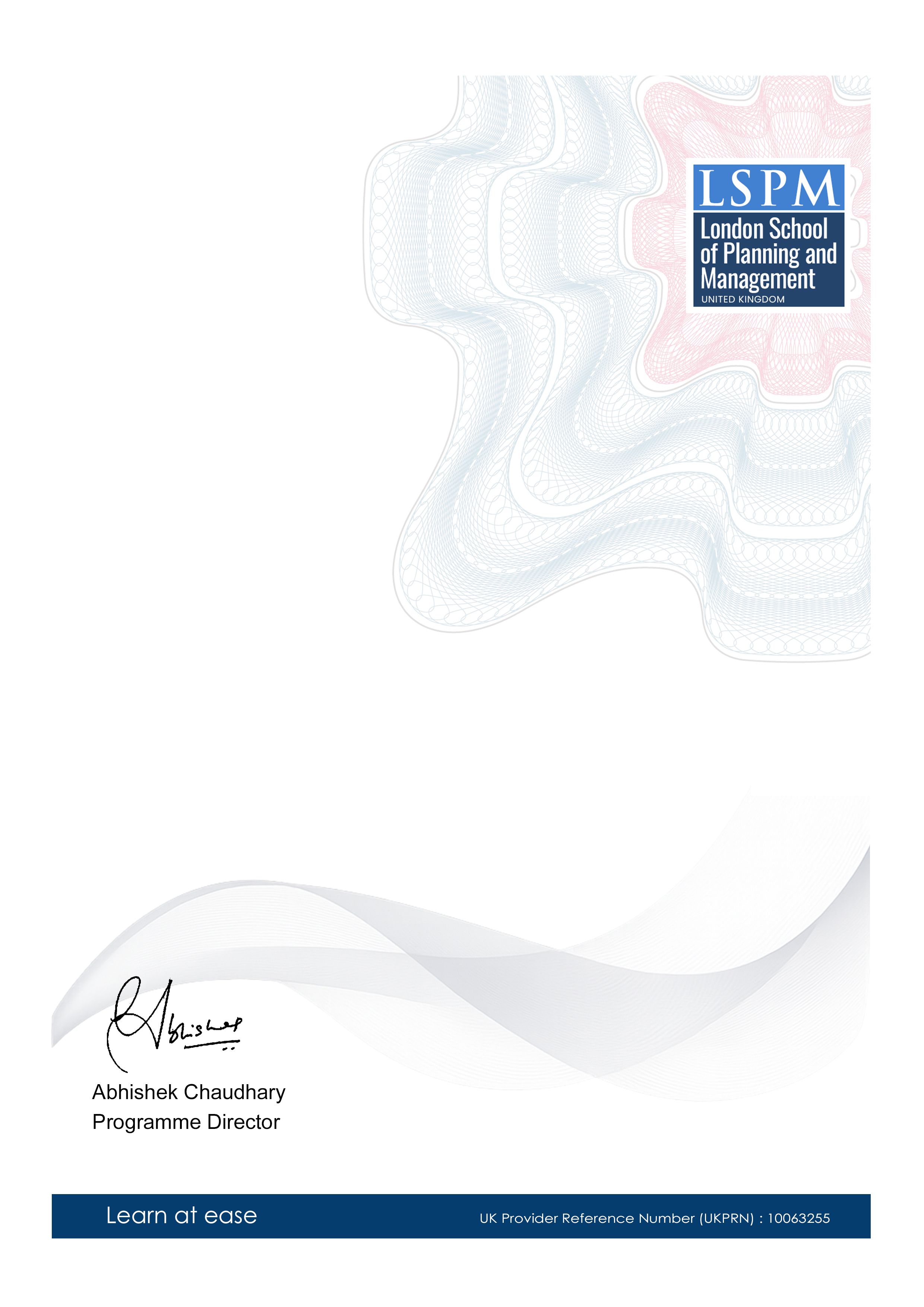Career Advancement Programme in Fraud Detection in Telecommunications Security
-- viewing nowFraud Detection in Telecommunications Security is a critical aspect of maintaining network integrity and customer trust. Our Career Advancement Programme is designed for professionals seeking to enhance their skills in this field.
2,377+
Students enrolled
GBP £ 149
GBP £ 215
Save 44% with our special offer
About this course
100% online
Learn from anywhere
Shareable certificate
Add to your LinkedIn profile
2 months to complete
at 2-3 hours a week
Start anytime
No waiting period
Course details
• Fundamentals of Telecommunications Security: An introduction to the basics of telecommunications security, including common threats, vulnerabilities, and attacks. This unit will cover essential concepts and terminology.
• Telecom Fraud Detection Techniques: An exploration of various techniques used to detect fraud in telecommunications, such as data analysis, pattern recognition, and anomaly detection.
• Signaling System 7 (SS7) Security: A deep dive into the SS7 protocol, its vulnerabilities, and Vendor-specific implementation flaws. This unit will cover how to secure the SS7 network and detect potential fraud.
• Roaming Fraud Detection: This unit will cover the unique challenges of detecting fraud in roaming networks, including the use of steering algorithms and other advanced techniques.
• Subscriber Identity Module (SIM) Fraud Detection: An examination of SIM card-based fraud, including cloning, bypass, and SIM swapping. This unit will cover detection techniques and best practices for preventing such fraud.
• Voice over Internet Protocol (VoIP) Security: An overview of VoIP security, including common threats and vulnerabilities, and detection techniques for VoIP-based fraud.
• Machine Learning for Fraud Detection: An introduction to the use of machine learning and artificial intelligence in fraud detection, including the use of supervised and unsupervised learning algorithms.
• Regulatory Compliance for Telecom Fraud Detection: A survey of the legal and regulatory landscape surrounding telecom fraud, including laws and regulations related to privacy, data protection, and fraud prevention.
• Incident Response and Forensics for Telecom Fraud: A discussion of incident response best practices, including the use of digital forensics to investigate and mitigate the impact of fraud incidents.
Career path
Entry requirements
- Basic understanding of the subject matter
- Proficiency in English language
- Computer and internet access
- Basic computer skills
- Dedication to complete the course
No prior formal qualifications required. Course designed for accessibility.
Course status
This course provides practical knowledge and skills for professional development. It is:
- Not accredited by a recognized body
- Not regulated by an authorized institution
- Complementary to formal qualifications
You'll receive a certificate of completion upon successfully finishing the course.
Why people choose us for their career
Loading reviews...
Frequently Asked Questions
Skills you'll gain
Course fee
- 3-4 hours per week
- Early certificate delivery
- Open enrollment - start anytime
- 2-3 hours per week
- Regular certificate delivery
- Open enrollment - start anytime
- Full course access
- Digital certificate
- Course materials
Get course information
Earn a career certificate

